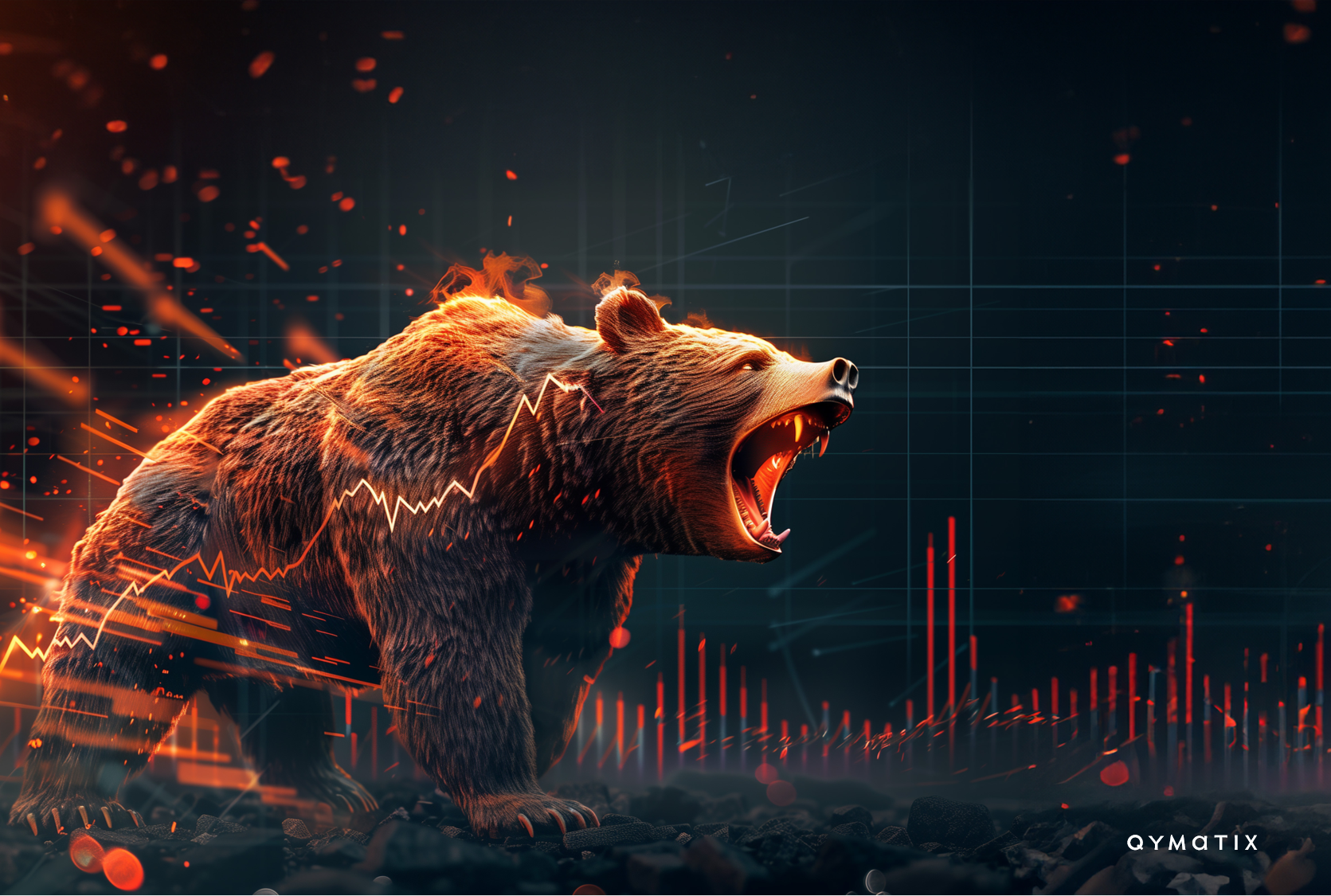B2B Wholesale Isn’t Dead – It’s Evolving: What That Means for the Future

Please enter your Email address
The future of b2b wholesale.
Wholesale is a phenomenon. Declared dead, underestimated, challenged by digital platforms, direct sales, and disruptors – and yet, it’s not only still alive but continues to assert itself as an indispensable part of the supply chain in many industries. Those who understand this also understand the German SME sector and its secrets to success. The sum of all small and medium-sized, traditional, and trustworthy family-run businesses.
It’s like a law of nature: In every crisis, there are experts who claim wholesale is a thing of the past. Too expensive, too slow, too analog – that’s the common verdict. But what actually happens? Wholesale persists. More than that: it evolves – sometimes quickly, sometimes slowly. It has to. The competition is fierce, and the companies that succeed are those that understand their role and adapt accordingly. And not just since yesterday.
Of course, I’m not ignoring the fact that the wholesale business model faces risks and challenges: a shortage of skilled salespeople, declining margins, ERP data mining. Let’s continue the conversation around these realities.
The Resilient Wholesale Sector – A Business Model with a System
There are many reasons why wholesale won’t disappear. One of the most important is efficiency. Manufacturers often lack the capacity or interest to serve thousands of customers directly. Especially in B2B, where complex products, individual needs, and personal support are critical, wholesalers can shine as reliable partners. This is particularly true for advisory-intensive products – ones where customers don’t just click a “buy” button. Here, wholesalers are not just players; they are true heroes. Ask an electrician or the person who installed your heating pump where they bought the cable. That’s right – from an electrical wholesaler.
It’s not just the professional consultation for smaller customers that matters. Consider two classic models: purchase wholesale and distribution wholesale. In the purchase model, wholesalers buy in bulk, store the goods, and resell them. This ties up capital and carries risk but offers a huge advantage to customers who don’t want to handle procurement, logistics, or storage. Distribution wholesalers, on the other hand, act as intermediaries between manufacturers and customers – often adding services, expertise, and strategic advice. Both models require deep market understanding, close customer relationships, and a specialization that can’t be achieved simply by being bigger or cheaper.
Those Who Truly Understand Their Customers Will Win
What does a wholesale salesperson do? If you think it’s just about orders and better prices, you’ve never talked to an experienced B2B salesperson. Customers want solutions – fast and at market-appropriate prices. They need the right products, fairly priced, with smooth logistics. Wholesale sales leaders know: without expertise, personal connection, and customer trust, there’s no success.
This is precisely where many manufacturers fall short. In theory, they could push direct sales – but it often fails in practice. Manufacturers often don’t have enough sales staff themselves (hashtag: labor shortage) to serve thousands of customers individually. Every field visit costs money, and if that only pays off for large accounts, who takes care of the many smaller companies? This is where wholesalers are unbeatable. They have the structures, the personnel, and market access. Most are also deeply rooted in their regions, with tradition and passion. Try replacing that.
Sure, one could argue that customers prefer efficiency – and rightly so. Sales teams on both sides – manufacturers and wholesalers – must become more efficient every day. Many customers want direct contact, and wholesalers can offer a wide range of products at fair prices. Yes, more items are available online, and pricing is more transparent. But successful wholesalers don’t rely on opacity. No – it’s their passion, investment in technology, and dedicated sales teams that drive their success.
AI and Digitalization in B2B Wholesale: An Opportunity, Not a Threat
Wholesale thrives not because competitors fail, but because it adapts. Digitalization and AI aren’t enemies – they’re allies. Modern wholesalers rely on predictive sales analytics, automated pricing, and AI-powered sales forecasting. Successful market leaders invest in technology to provide customers with the right products at the right price and at the right time. The companies that take this seriously will dominate the market. Every industry already has its first winners – and losers – of these trends.
Data and our decades of experience show: companies that digitize their processes intelligently not only increase efficiency but also boost revenue. A wholesaler with 50,000 products cannot make all pricing and sales decisions manually – but a good AI can. It identifies patterns, calculates probabilities, and helps deliver the right offer at the right time. That’s exactly what many sales managers need today: tools not just to keep up but to actively shape the future. Artificial intelligence is your calculator for ERP sales data. Your GPS for sales strategy. Are you already using AI?
CALCULATE NOW THE ROI OF QYMATIX PREDICTIVE SALES SOFTWARE
Conclusion: The Future of Wholesale Has Never Been More Exciting
Anyone who believes wholesale will eventually die out doesn’t understand why it exists. Companies that focus on their strengths, digitize their processes, and offer real added value to their customers won’t just survive – they will grow. The market is changing, and within that lies the opportunity. One thing is certain: those who understand their customers will always be needed.
If this article resonates with you, don’t hesitate to contact us to explore how we can shape the future of wholesale together!